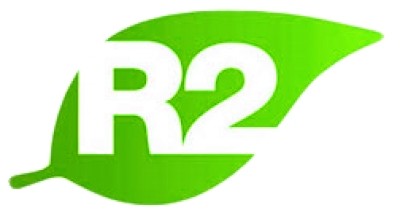
For some products, recycling is more involved than finding your closest blue bin. This is especially true with electronics recycling, where a little research is required to make sure that you are recycling products responsibly.
Increased government regulation and official certification of recyclers both help make this possible.
Of all the products brought to market each year, none render their previous iterations obsolete faster than electronics equipment. With technology often evolving faster than perceived market demand, electronics have officially become the largest growing recyclable material in the U.S., with over 7 million tons of electronics equipment available for recycling each year.
But with great technology comes great responsibility, as the recycling process for a desktop computer is more complicated than that of an aluminum can. Recyclers must separate the glass, metals and plastics and find a recycling market for all these individual recovered materials.
Electronics recyclers also must take special care to ensure that any hazardous substances or residues removed during the recycling process (such as batteries, leaded-glass, and mercury) are recovered safely and recycled.